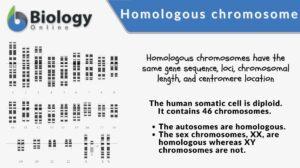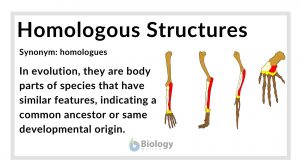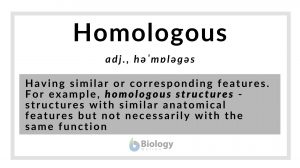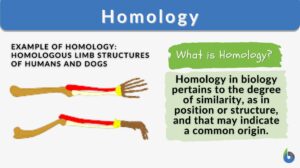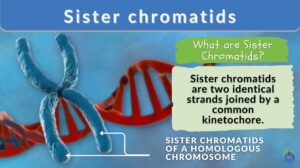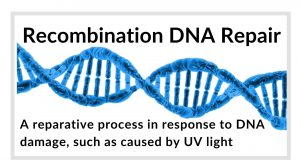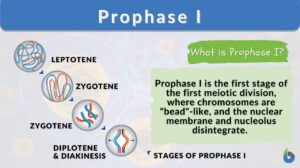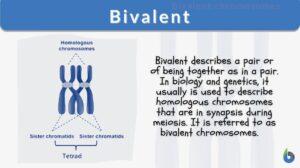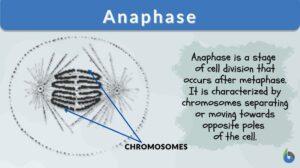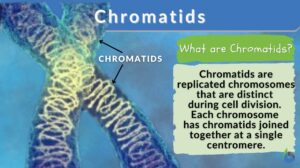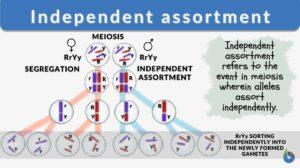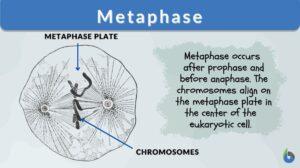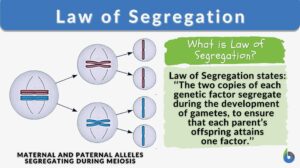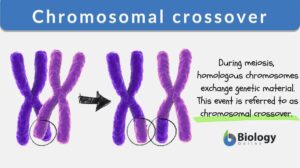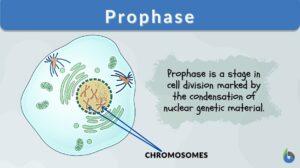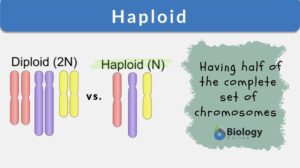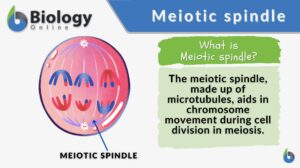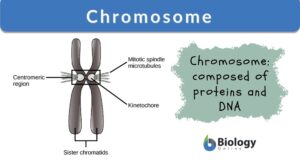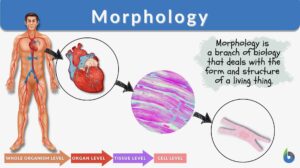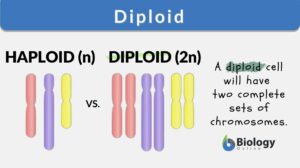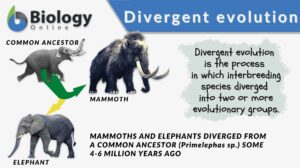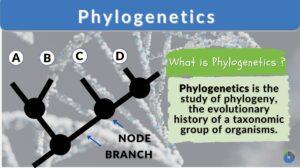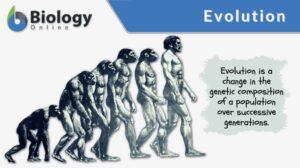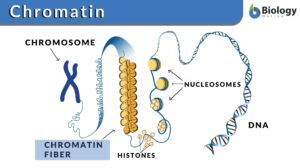Search Results for: homologous
Homologous chromosome
A homologous chromosome pertains to one of a pair of chromosomes with the same gene sequence, loci, chromosomal length, and... Read More
Homologous structures
Homologous Structures Definition What are homologous structures? In biology, homologous structures are physical features... Read More
Homologous
Homologous Definition What is homologous? In general science, the word “homologous” is used to show a degree of... Read More
Sister chromatids
Sister Chromatids Definition Sister chromatids are defined as the two identical copies of a single replicated chromosome... Read More
Recombination DNA repair
Recombination DNA Repair Definition Recombination DNA repair is a biological reparative process in response to DNA damage... Read More
Prophase I
Organisms all use mitosis to create more cells in the body. Meiosis, a similar process, is used in some organisms to undergo... Read More
Analogous structures
Analogous Structures Definition In evolutionary biology, analogous structures are biological structures having similar or... Read More
Chromatids
Chromatid Definition Chromatids are found inside our cells. Chromatids are condensed chromosomes distinguishable during... Read More
Independent Assortment
Independent Assortment Definition Independent assortment refers to the alleles or genes that sort into the newly formed... Read More
Law of Segregation
Mendel’s Laws of Inheritance The father of genetics, Gregor Mendel, reported his findings in 1860 that initially were... Read More
Chromosomal crossover
Chromosomal Crossover Definition noun A process occurring during meiosis wherein homologous chromosomes pair up and... Read More
Meiotic spindle
Meiotic Spindle Definition The meiotic spindle refers to the spindle apparatus that forms during meiosis in contrast to... Read More
Metaphase I
Definition noun The second stage in the first meiotic division after prophase I, and highlights the alignment of paired... Read More
Chromosome
Chromosomes Definition Chromosomes are thread-like structures present in the nucleus of plant and animal cells. Chromosomes... Read More
Anaphase I
Definition noun The third stage in the first meiotic division after prophase I, and highlights the separation of paired... Read More
Homogenous
What is homogenous? What does homogenous mean? The word homogenous has been derived from two Greek words that are... Read More
Morphology
Morphology Definition Morphology means the study of the shape and structure of living things from a biological perspective.... Read More
Heterozygote
Definition noun, plural: heterozygotes A nucleus, cell or organism possessing two different alleles for a particular... Read More
Divergent evolution
Divergent Evolution Definition Divergent evolution refers to the process by which interbreeding species diverged into two... Read More
Phylogenetics
Phylogenetics Definition Phylogenetics is the scientific study of phylogeny. It studies evolutionary relationships among... Read More
Cytokinesis
The cell cycle of eukaryotes is a cyclical series of biological events that certain asexual cells go through. The cell cycle... Read More
